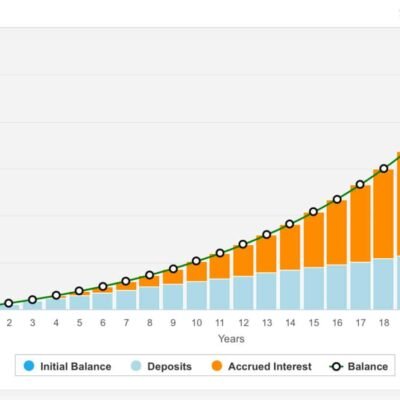- As 2024 hits the midway point, we look at some of the investment trusts that seemed compelling in January
- Which trades still have life?
The midpoint in the year is the perfect opportunity for investors to consider rebalancing their portfolios and to reflect on how the trades that might have seemed exciting at the start of 2024 have played out.
With discounts languishing on wide levels, there were plenty of opportunities in the investment trust space back in January, and the sector still looks rife with possible bargains, given those valuations have broadly failed to dissipate. But the prospects have certainly changed for a few of the calls that stood out in early 2024.
In January we highlighted multiple trust buying opportunities exciting analysts, from UK small-cap funds to private equity portfolios and India trusts. Some of these buy cases now appear to have played out, although some continue to stand out.
Job done?
A couple of the trusts we highlighted in January look like prime candidates for selling out entirely or at least taking some profits, with the most obvious being Foresight Sustainable Forestry (FSF). In May the trust outlined plans, subject to shareholder approval, to sell its entire share capital to another entity. As is often the case with such corporate actions, the trust’s shares skyrocketed on the back of the news.
As of late June, shareholders were up more than 55 per cent for 2024, with the discount to net asset value (NAV) almost evaporating from around 35 per cent at the start of 2024 to just 6 per cent.
Much as some might disagree, Seraphim Space (SSIT) has enjoyed such an aggressive re-rating that investors could at least be tempted to take some profits. It has outpaced all other funds in 2024 following a share price total return of nearly 60 per cent. The shares recently traded on a discount of around 40 per cent versus a level of roughly 60 per cent in early 2024.
Analysts at Stifel, who made a case for the fund at the turn of the year, now believe that the bargain case for the trust has weakened notably. “Underlying performance does still appear healthy in our view, and portfolio companies have so far demonstrated they can secure further capital when needed, with new investors often leading rounds, offering support to confidence around valuations,” they said in a mid-year review of their trust picks. “However, we think the discount is now more in line with comparable peers and further upside is limited for now.”
One former tactical opportunity that has played out is Scottish Mortgage (SMT). The trust trades on a similar discount to January and key catalysts for a re-rating, including the major presence of an activist investor, have now passed us by.
Further to go?
Turning to a niche pick, the Stifel team believes there is still life in the Taylor Maritime Investments (TMI) trade. Shareholders in the ship leasing fund have enjoyed a return of around 25 per cent so far this year but the discount has only slightly shifted, from high to early 30s territory. As Stifel points out, the investment team has also continued to sell assets at around their prior valuation to pay down debt.
Elsewhere, it’s notable that many analyst picks still represent value by some key metrics. Private equity plays NB Private Equity (NBPE) and HarbourVest Global Private Equity (HVPE) have had mixed fortunes, with NBPE shares making a modest loss this year and HVPE returning around 6 per cent. Both still trade on enormous discounts, although investors should still ask whether the asset class can thrive in a world where the cost of debt is higher.
In other cases, investors need to consider their take on different equity markets. Ashoka India Equity (AIE) has continued to wow investors with a 15 per cent return in 2024, although the shares still trade on a premium. With Indian equities still on a tear, investors still fret that the market has grown expensive.
Conversely, UK small-cap funds such as Aberforth Smaller Companies (ASL) have posted impressive gains but still trade on double-digit discounts. Those hoping for a sustained UK market recovery might still be tempted to jump in.





